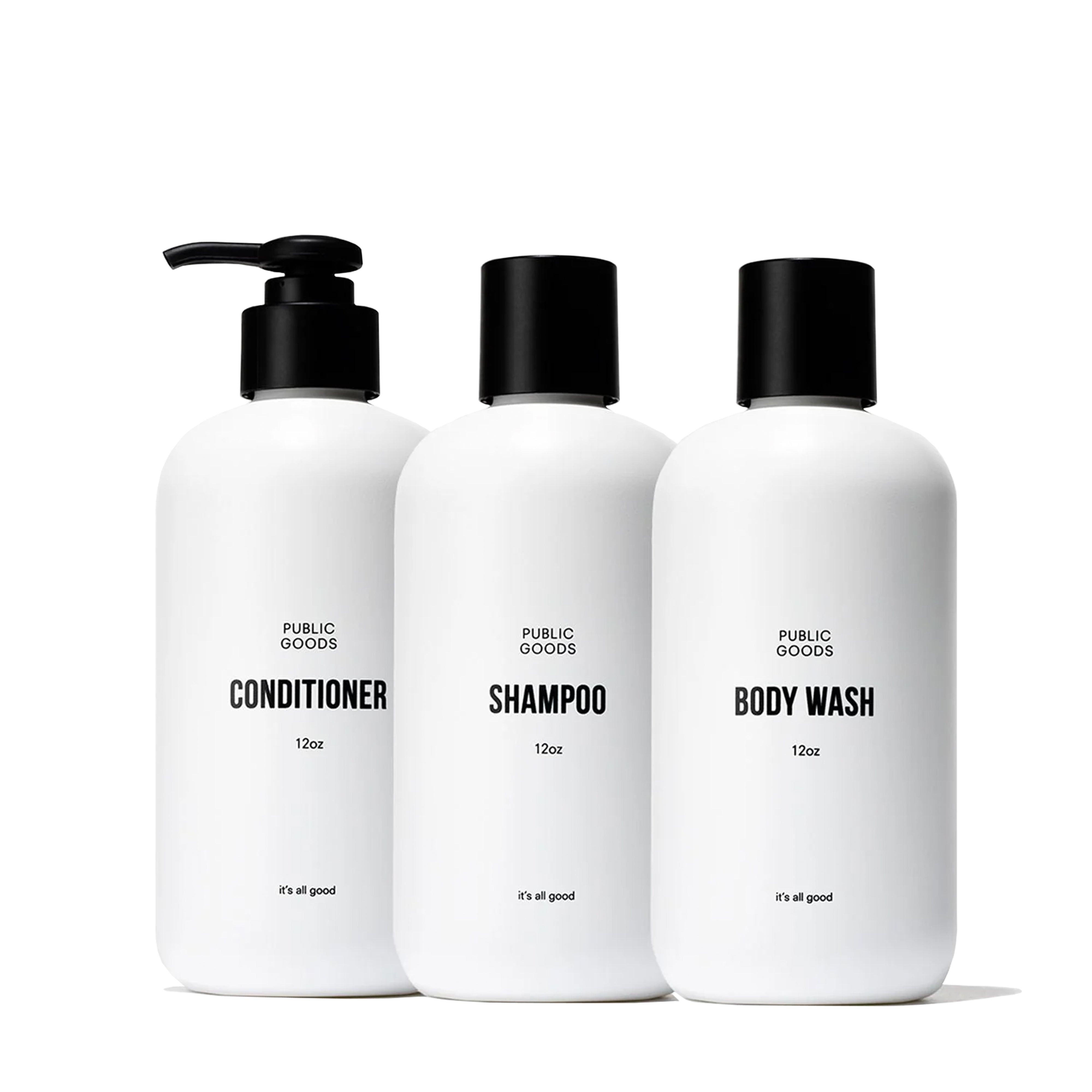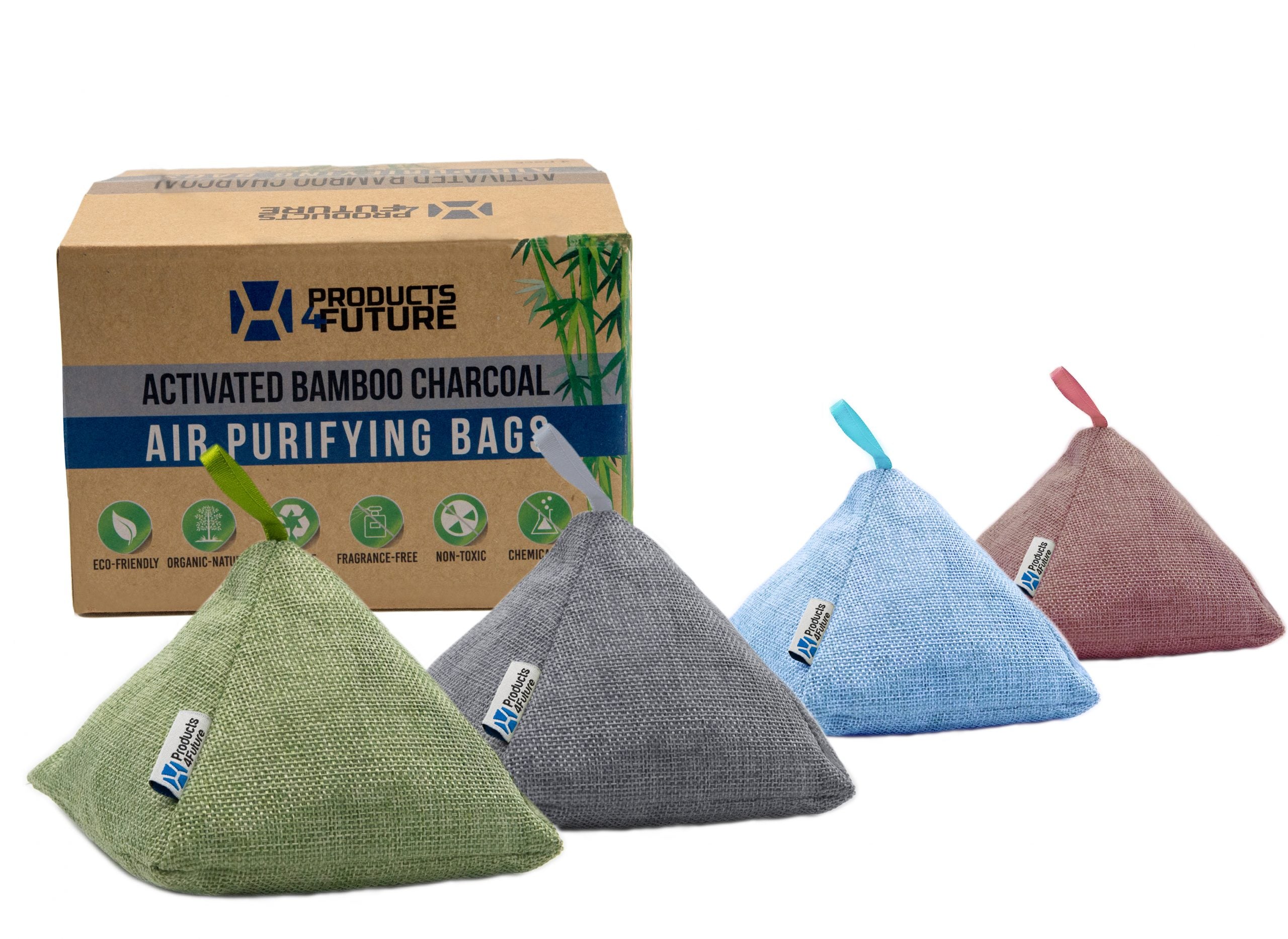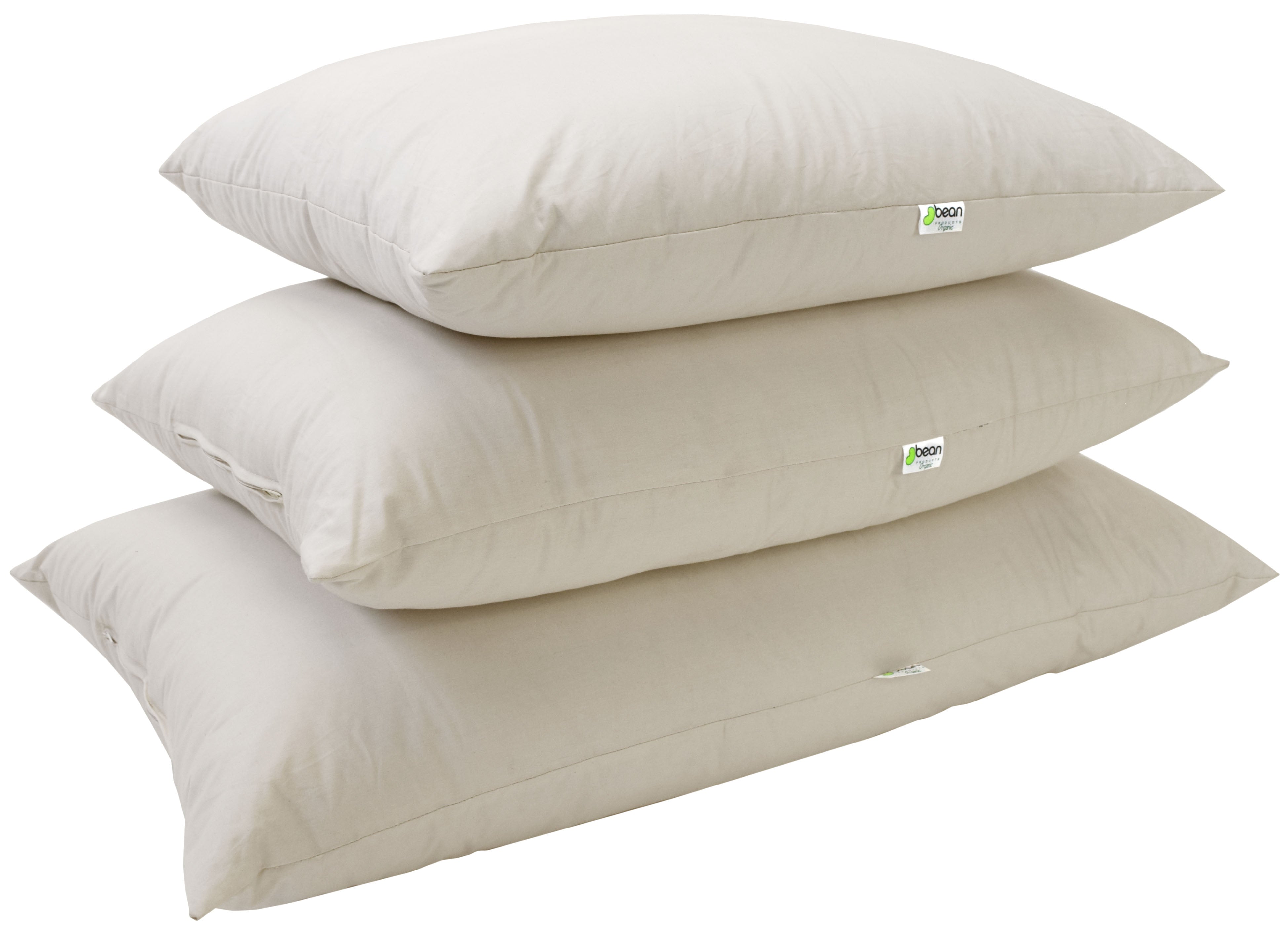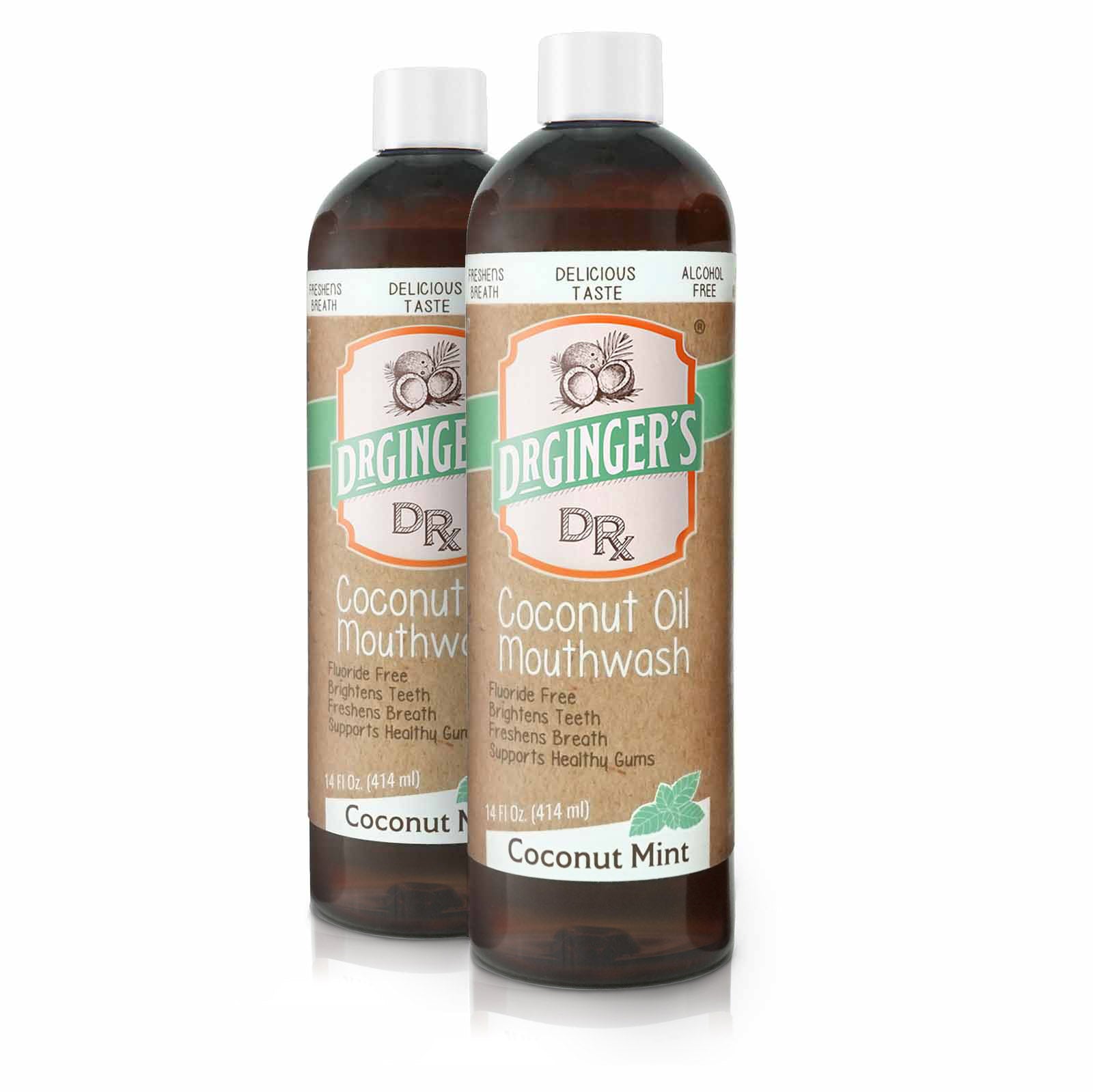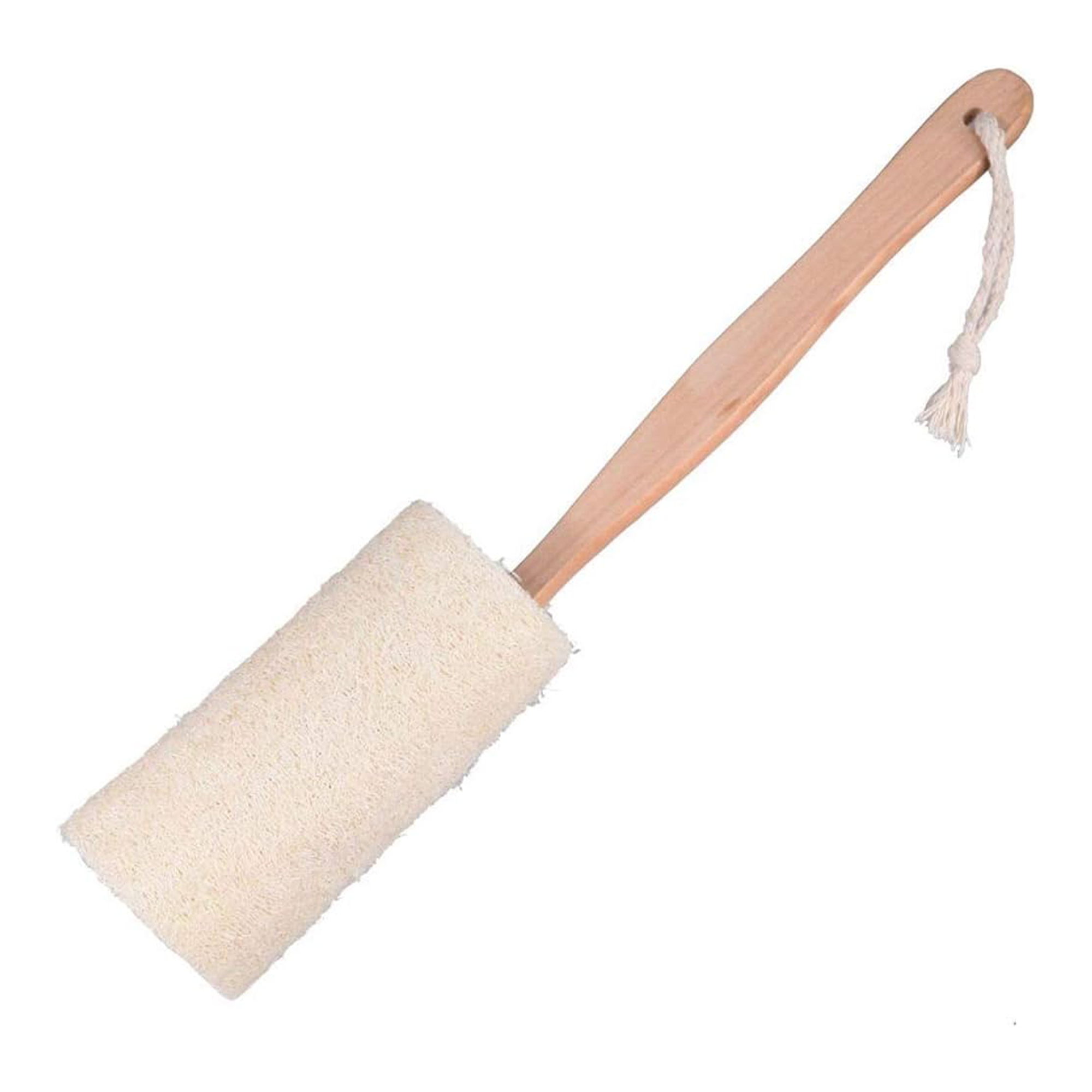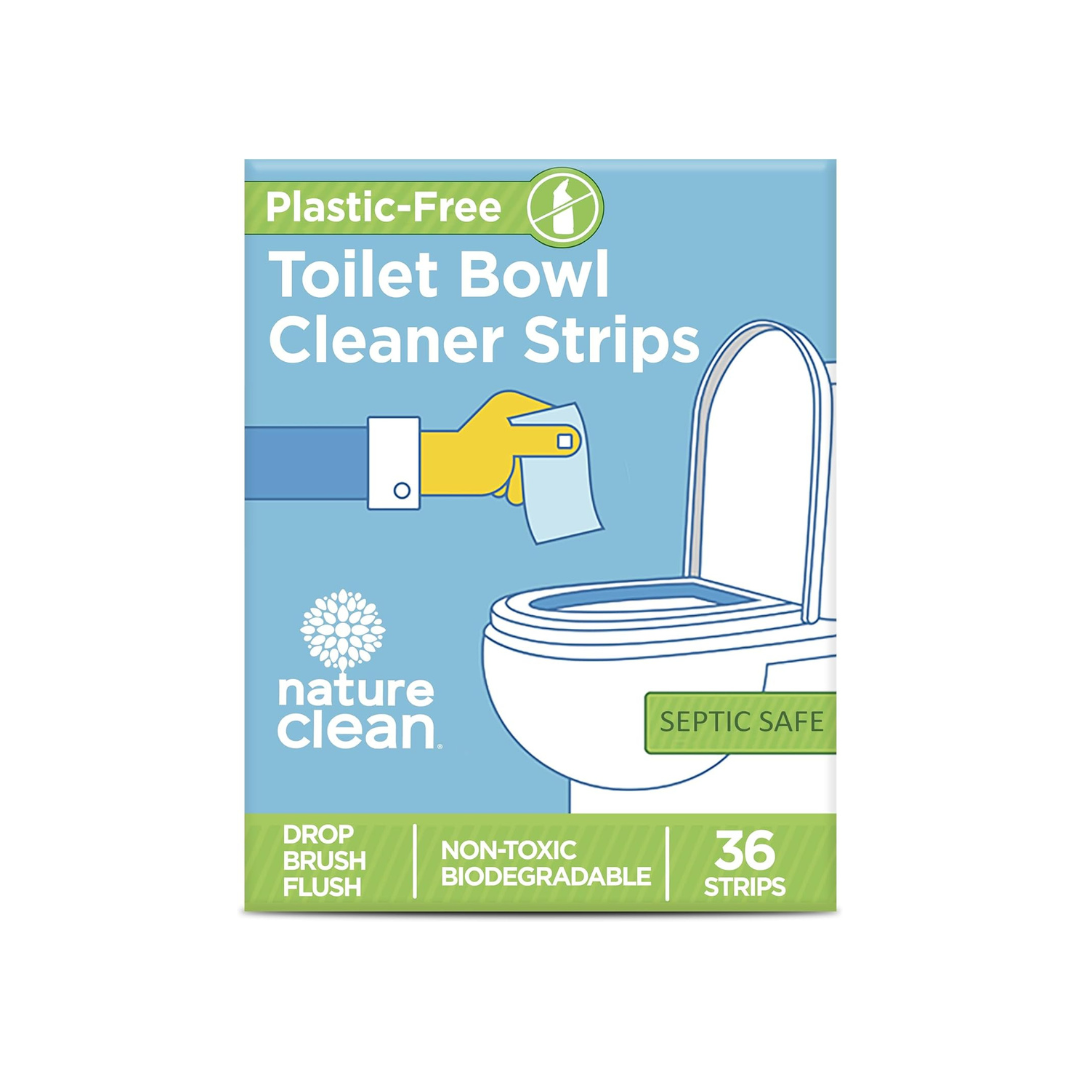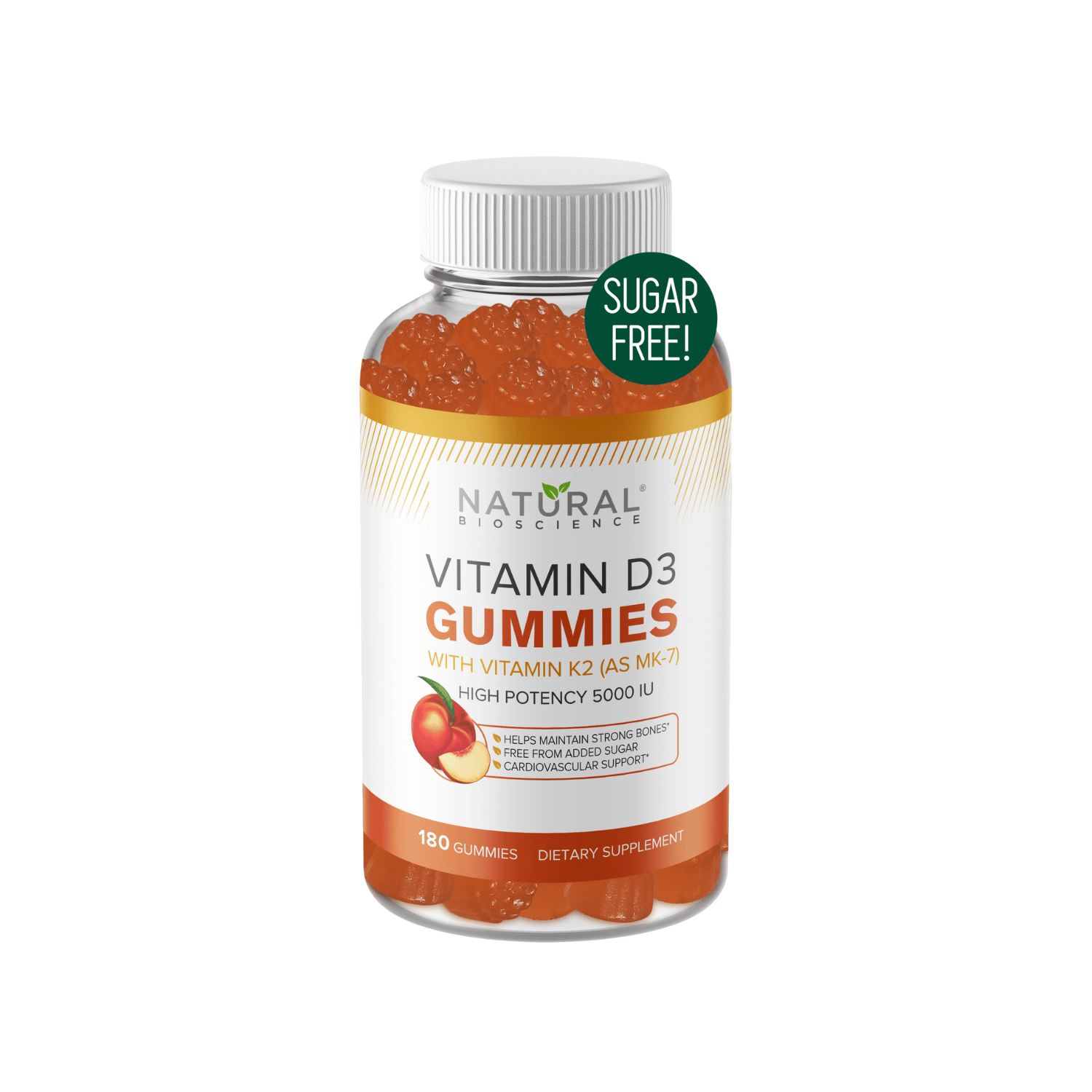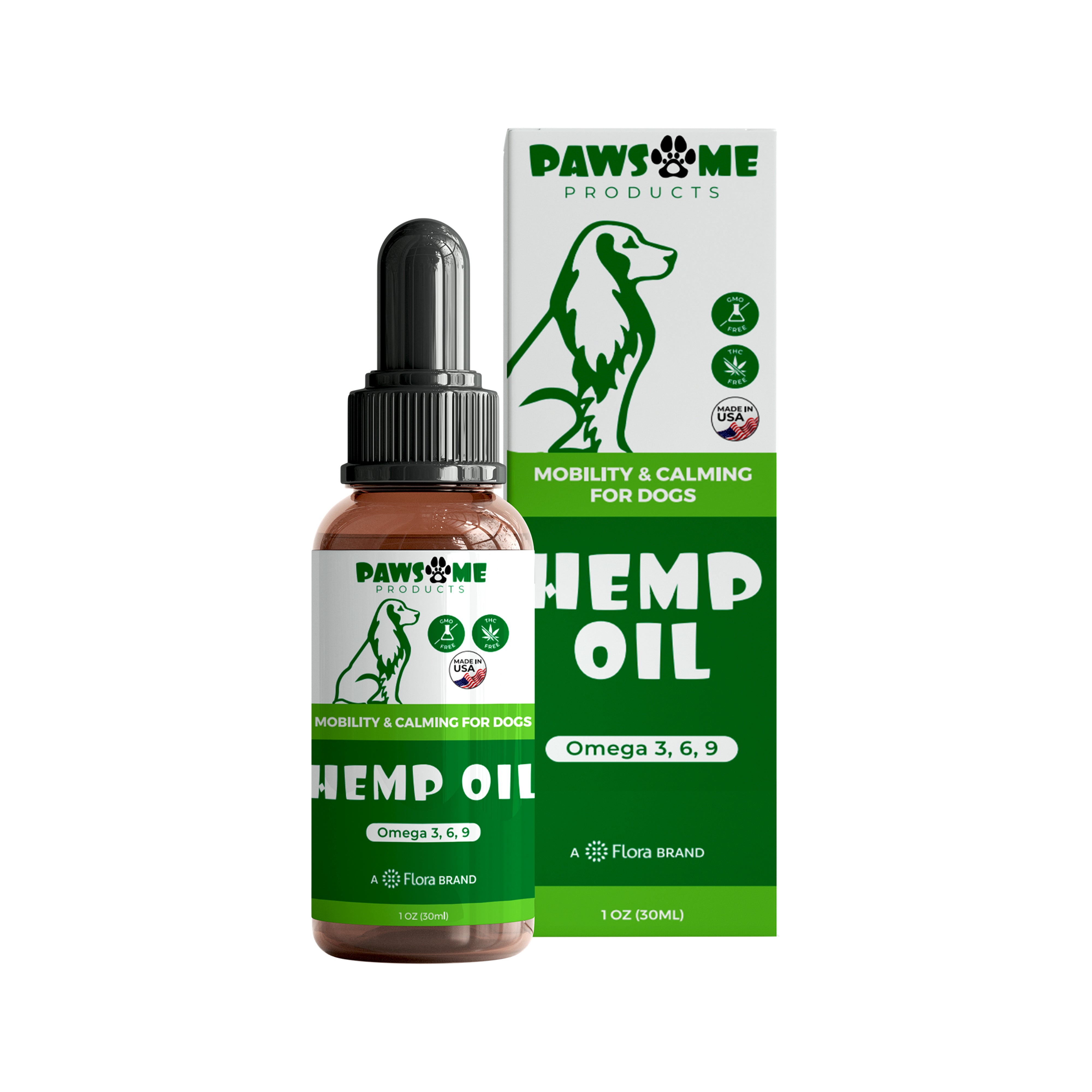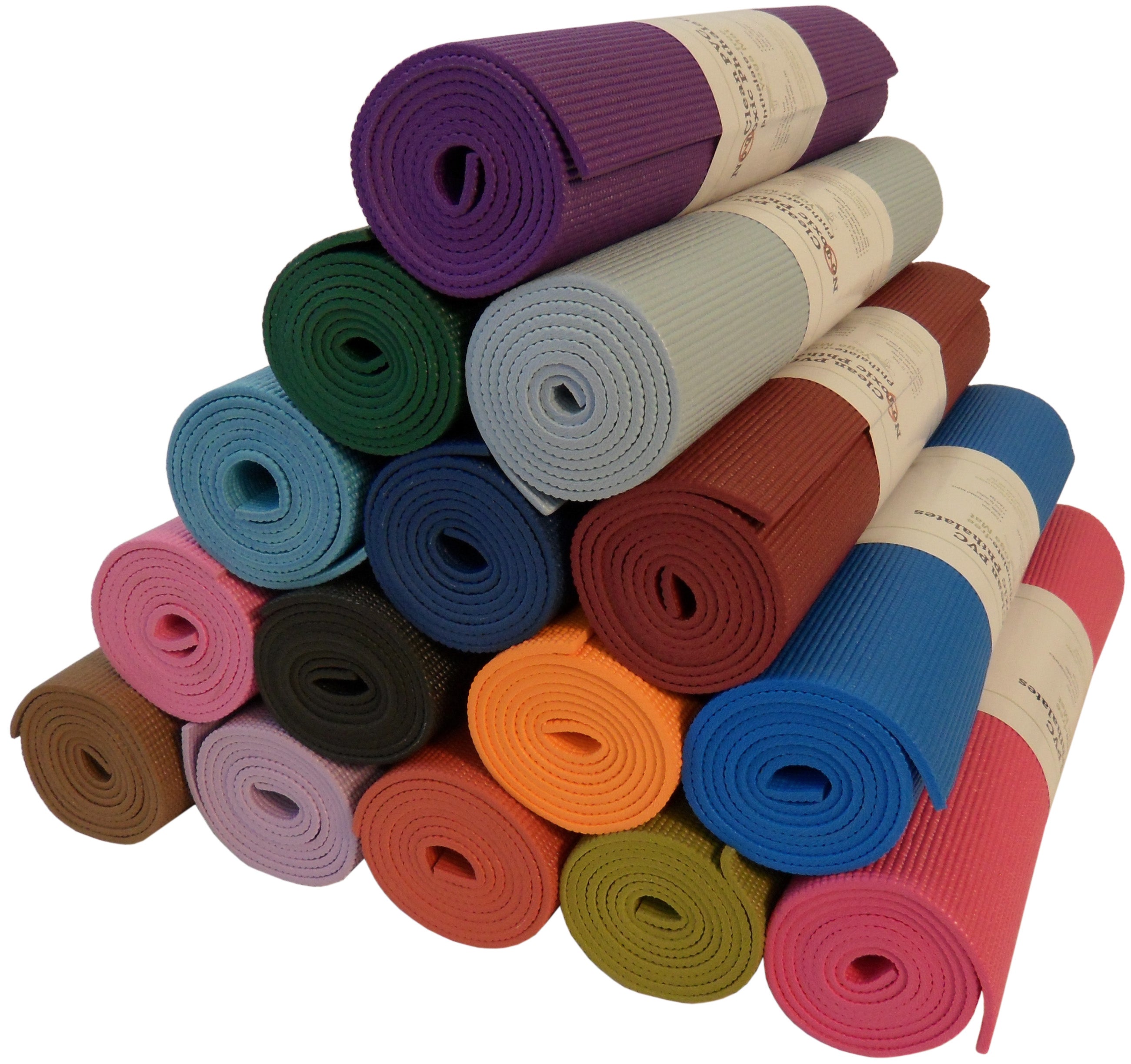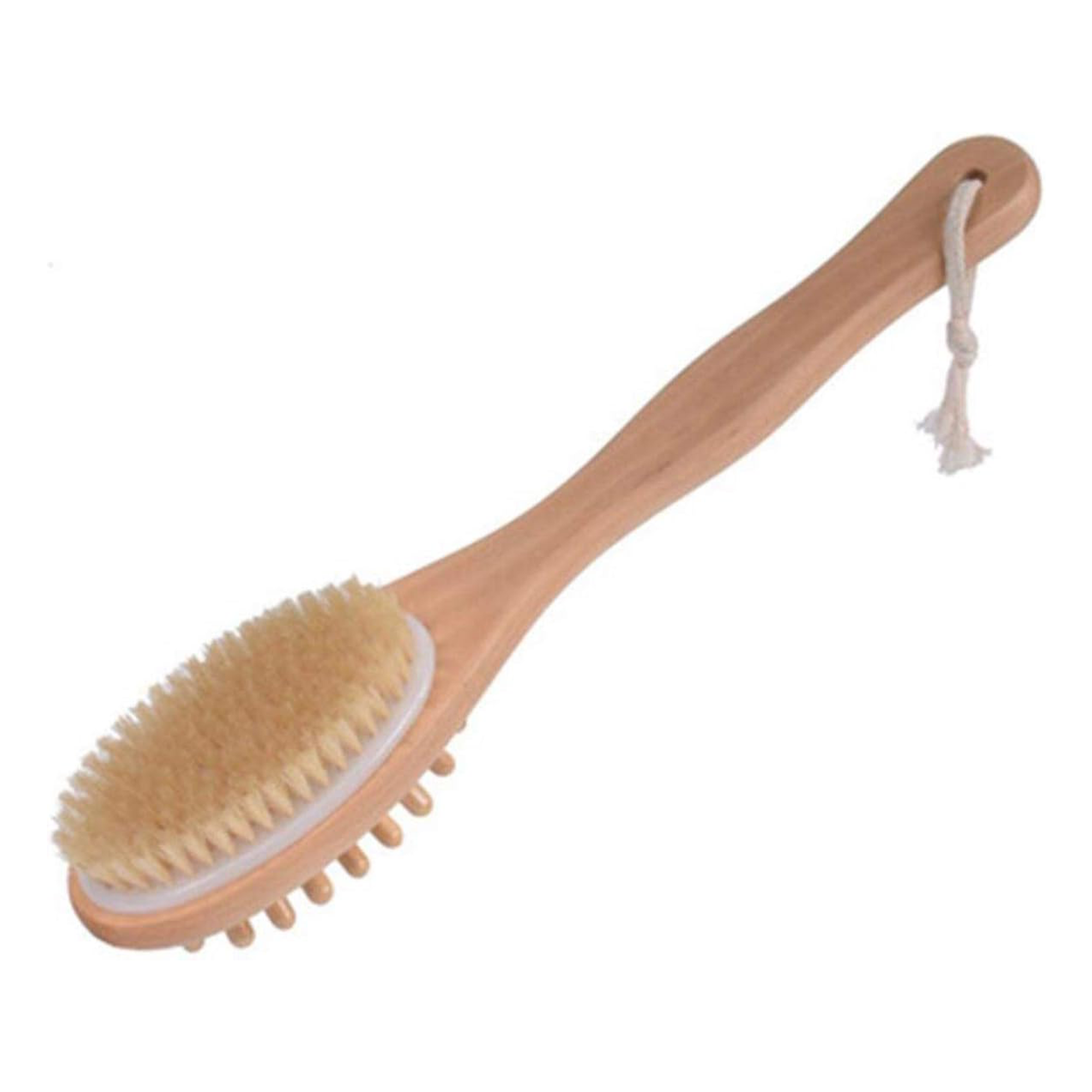Recycling is something we're all encouraged to do, but it can be a confusing process with a lot of misinformation out there. You might be surprised to learn that many of the things you thought were recyclable actually aren't, or that some common recycling practices can actually do more harm than good. In this post, we're going to tackle the top five recycling myths and misconceptions so you can feel confident that you're doing your part for the environment in the best way possible. Remember, all these tips serve as general guidelines, it's important to check with your local recycling center for specific rules and regulations.
Myth #1: Plastic Bags Can Be Recycled with Curbside Collection.
Many people believe that plastic bags can be recycled with their regular curbside collection, but this is a myth. Plastic bags can damage recycling equipment, causing costly repairs and downtime. When plastic bags are mixed in with other recyclables, they can get tangled in the machinery and cause clogs or jams. This can lead to costly repairs and downtime for the recycling facility. Plus, plastic bags are not typically recyclable themselves, so even if they make it through the sorting process, they may end up in a landfill anyway. Instead, take your plastic bags to a grocery store or recycling center that accepts them.
Myth #2: All Plastics Can Be Recycled.
Not all plastics are created equal, and some are not recyclable. Check the bottom of the plastic container for the recycling symbol and resin ID. Resin ID is a number that identifies the type of plastic used to make a product, commonly found within the chasing arrow recycling symbol. Plastics labeled #1, #2, #4, #5 are typically accepted for recycling, while plastics labeled #3, and #6 may not be. If you want to know more about them, check our post about resin ID’s.
Myth #3: Caps and Lids Can't Be Recycled.
Many people believe that caps and lids can't be recycled, but this is false. While some recycling programs may not accept them, many do. Make sure to remove the cap or lid and recycle it separately from the container.
Myth #4: You Don't Need to Clean Your Recycling.
Make sure to rinse out containers and bottles before putting them in the recycling bin. Leftover food or liquid can contaminate the batch, making it unusable. Dirty recycling also attracts pests, such as rodents or insects, which can cause additional damage to the facility. So, take a moment to clean your recycling properly to help maintain a healthy and functional recycling process and deter unwanted pests.
Myth #5: Recycling is Better Than Reusing.
While recycling is important, it's not always the best solution. Reusing items such as glass jars, plastic containers, and paper bags can reduce waste and save resources. Before recycling, consider if the item can be reused instead.
Recycling is a vital practice that can help reduce waste and conserve natural resources. But, it's important to recycle correctly and avoid common misconceptions. By following these top five tips for proper recycling, you can do your part in protecting the environment and reducing your carbon footprint.

